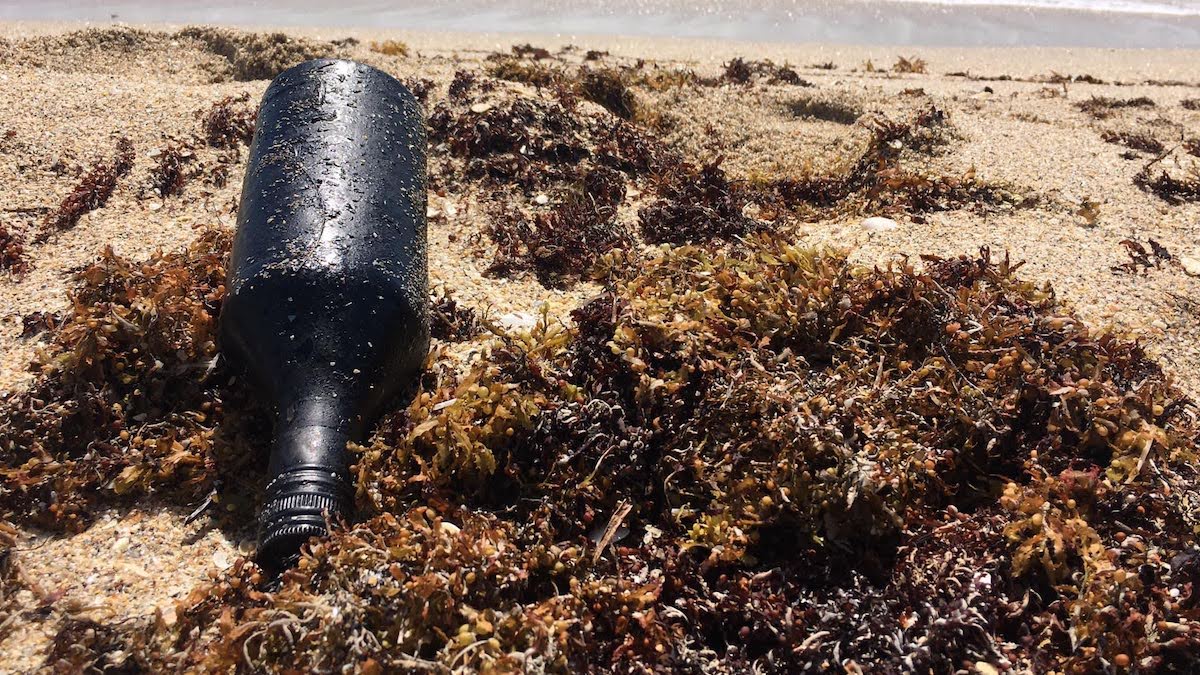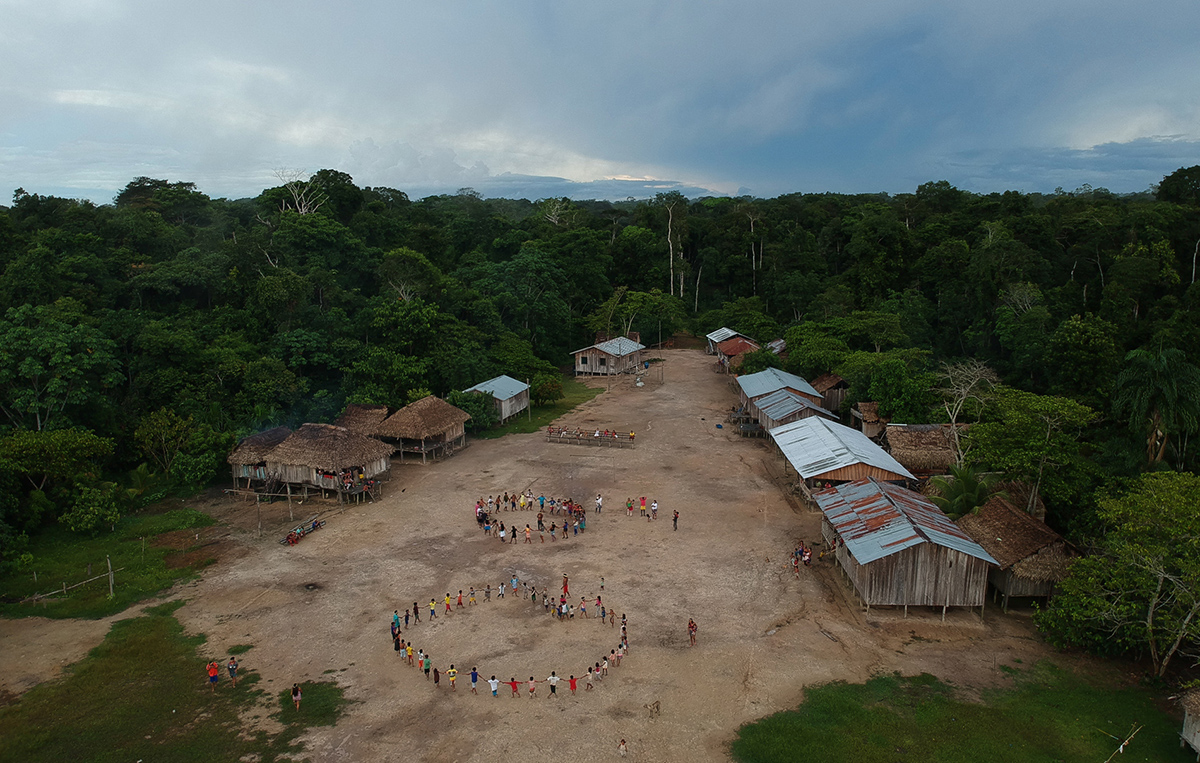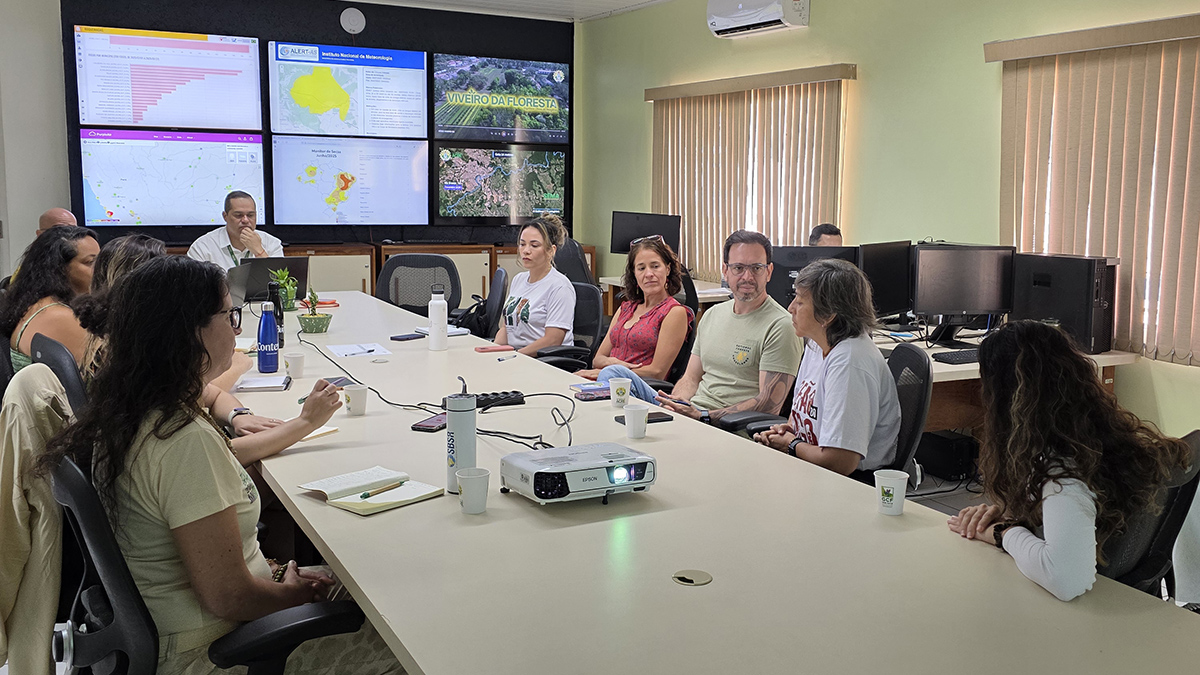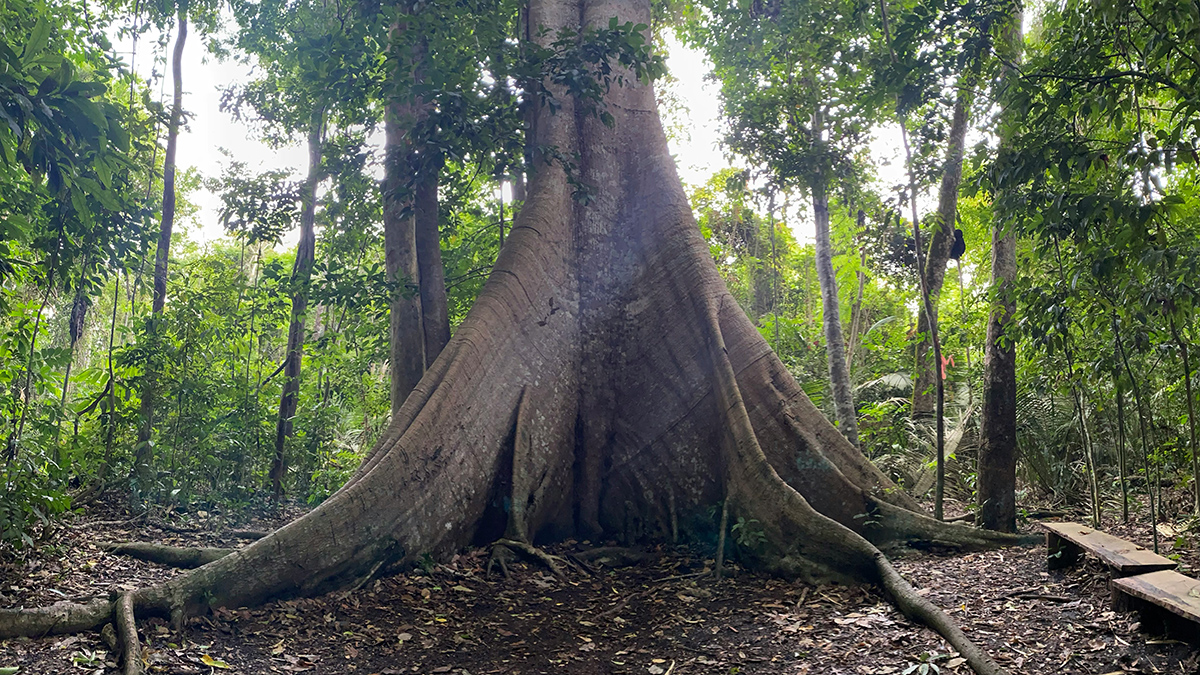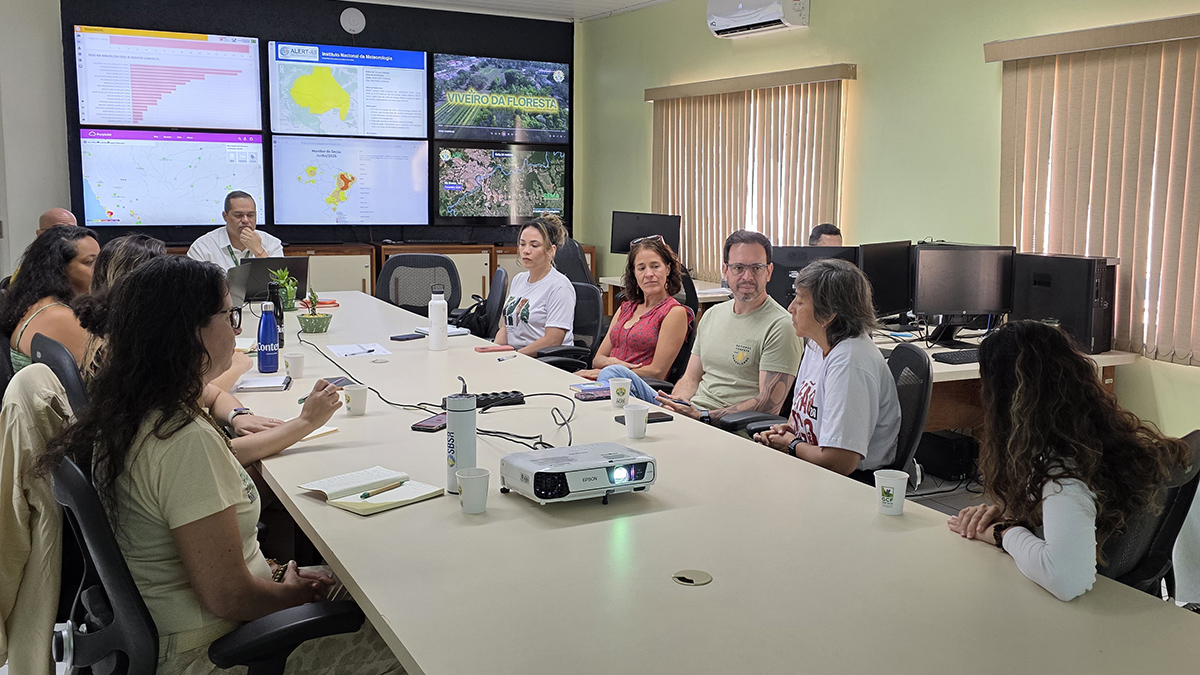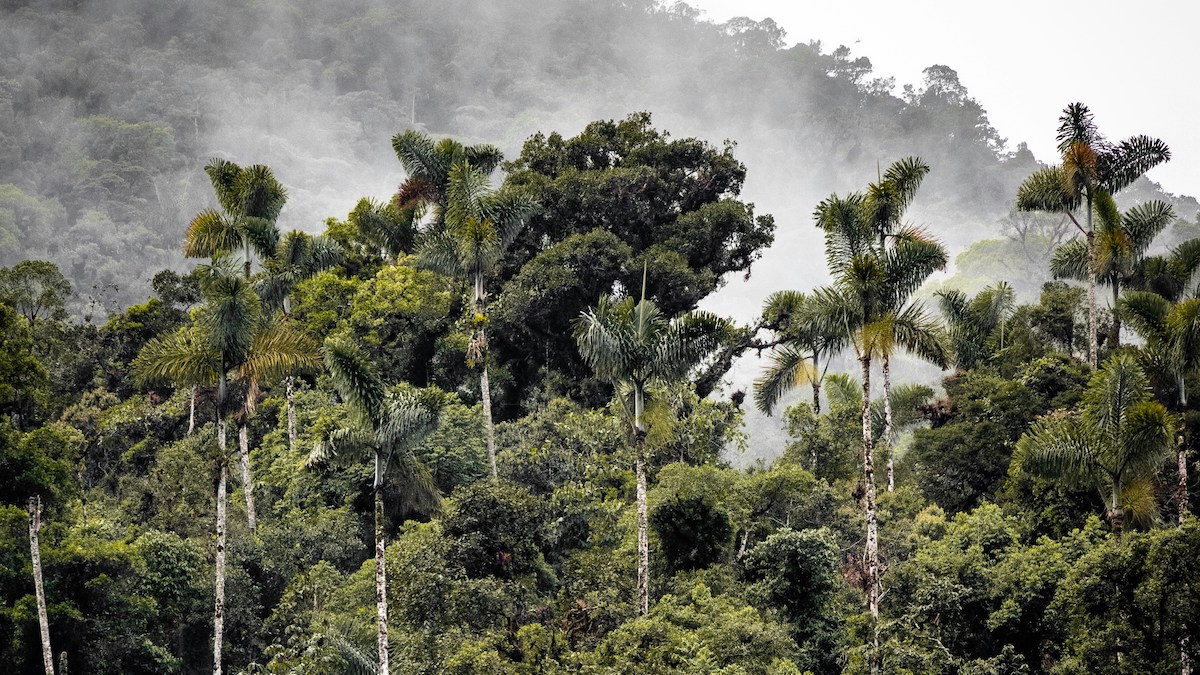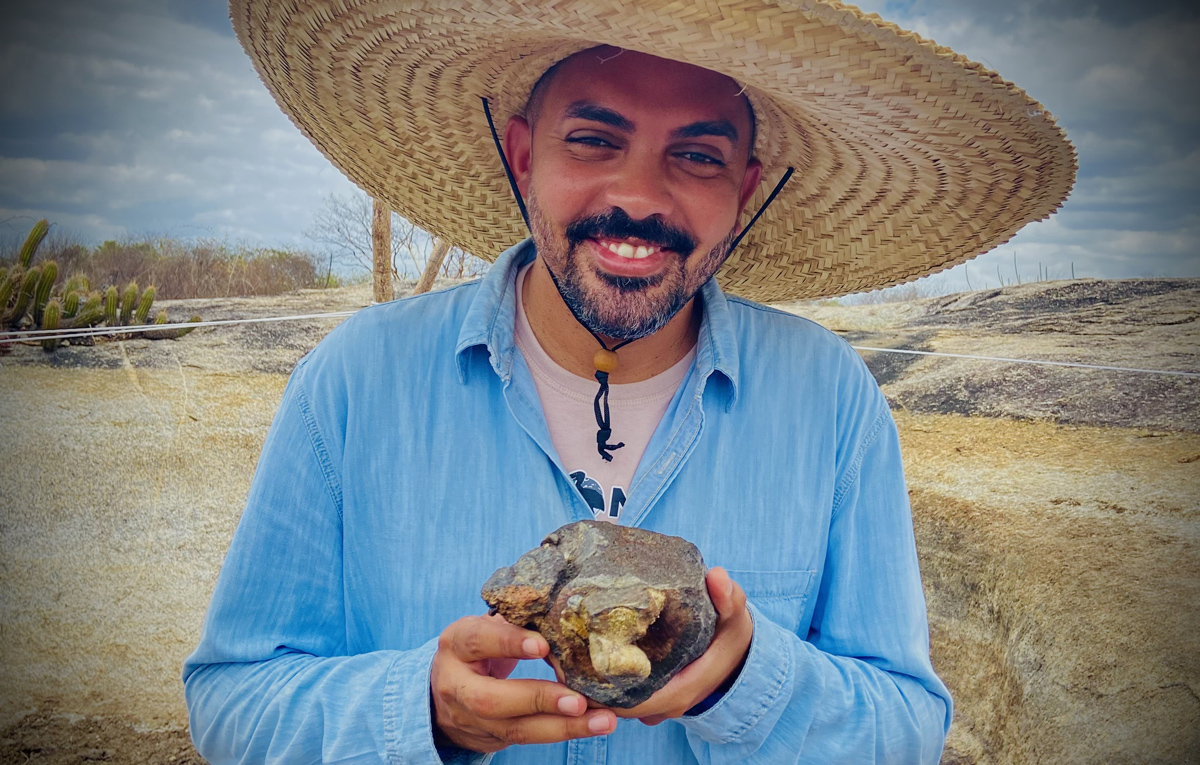Scientists matched oil residues found in Florida to a Brazilian spill thousands of miles away.
Brazil
Fire Encroaches on One of the Amazon’s Most Pristine Indigenous Lands
New research shows how recurring wildfires in the buffer zones around Brazil’s Vale do Javari may undermine one of the Amazon’s last great refuges for isolated Indigenous peoples.
En algunas partes de la Amazonia brasileña, la ciencia lidera la lucha contra los incendios forestales
El estado de Acre utiliza la ciencia para optimizar sus limitados recursos para monitorear y combatir los incendios forestales y la destrucción ambiental.
As CO2 Levels Rise, Old Amazon Trees Are Getting Bigger
New data show resilience among the rainforest’s giants, though scientists warn that nutrient limits and rising heat could end the trend.
In Parts of the Brazilian Amazon, Science Leads the Fight Against Forest Fire
The state of Acre counts on science to optimize its limited resources for monitoring and combating forest fires and environmental destruction.
Living Near an Indigenous Forest Could Reduce the Risk of Disease
An analysis of 20 years of health data in eight Amazonian countries, published today in Communications Earth and Environment, shows that protecting Indigenous-managed forests may help reduce various kinds of disease, including fire-related respiratory diseases and illnesses spread by animals.
Susanne Maciel: Marrying Mathematics and Geology
A geophysicist brings math down to Earth and reaches a rural audience.
Hermínio Ismael de Araújo Júnior: Savvy Planning Can Get You Far
The biologist turned paleontologist has been organized and nimble, and he jumped at opportunities as they arose.
A Transatlantic Communications Cable Does Double Duty
A new device enables existing submarine cable networks to measure deep-sea movements. It could ultimately help improve tsunami warnings and climate monitoring.
Los ríos de Brasil se están infiltrando
La extracción desmedida de aguas subterráneas podría estar obligando a los ríos a infiltrar agua hacia el subsuelo, según muestra un nuevo estudio. Las regiones con actividades de irrigación intensivas son las más expuestas a este riesgo.

